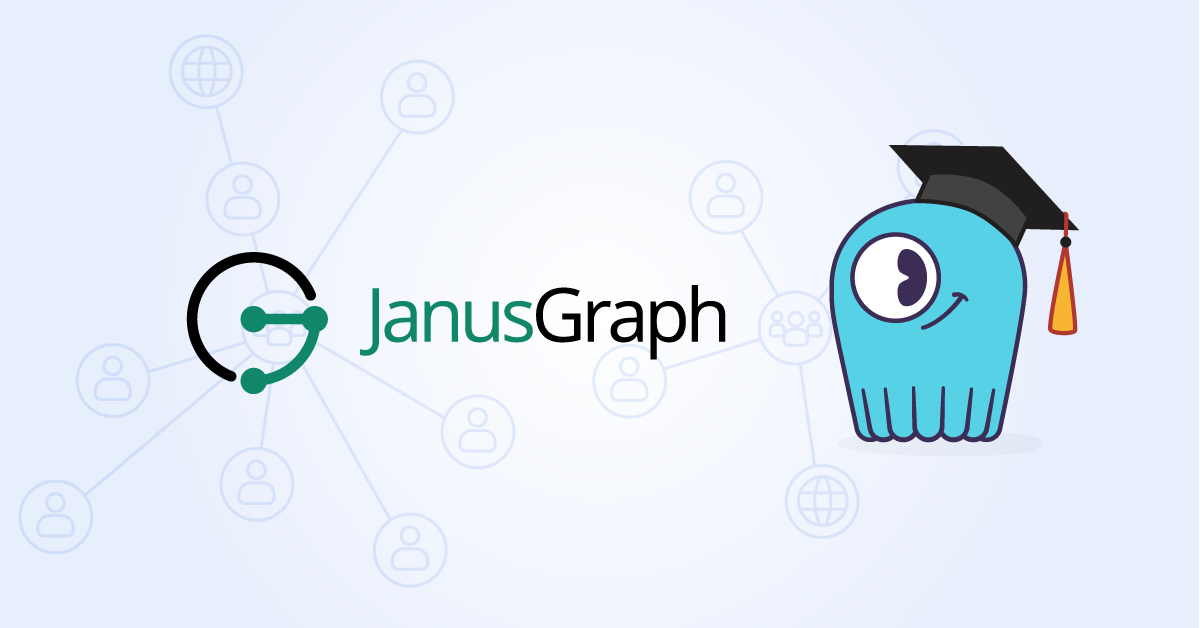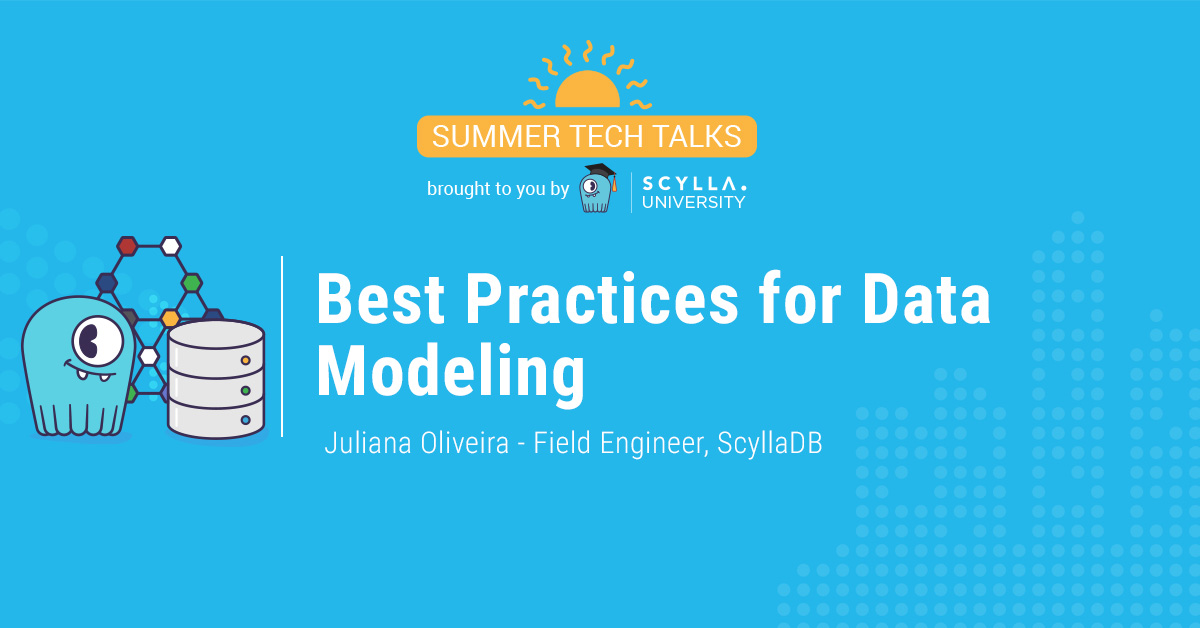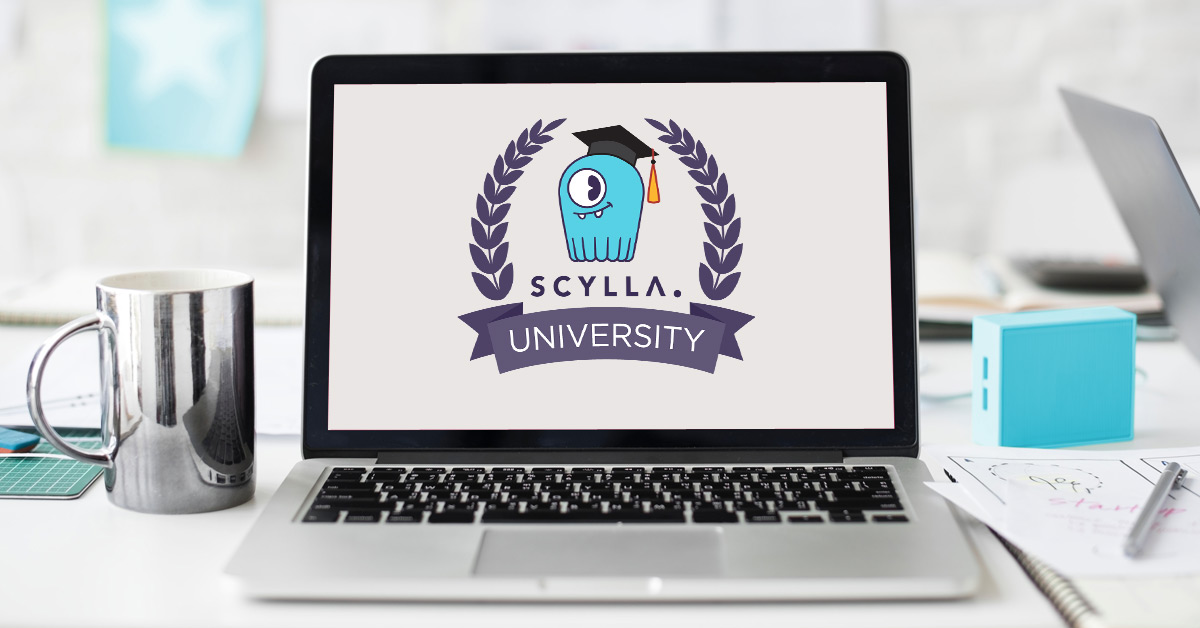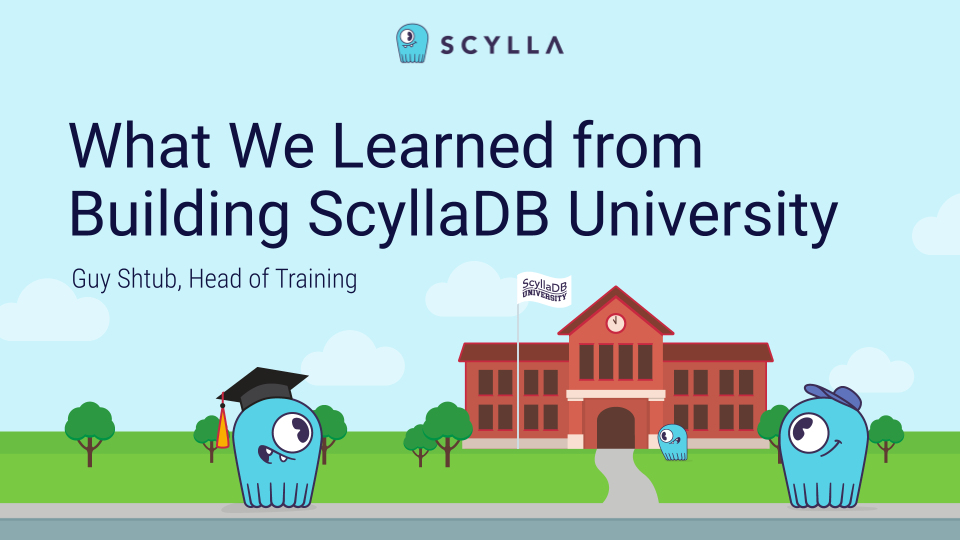
Last month, I attended the OEB conference in Berlin, Germany. Its focus was on technology-supported learning and training. I was invited to give a talk about my experience and what I’ve learned from creating ScyllaDB University.
In this post, I’ll cover the gist of my talk. In a future post, I’ll share some of my experiences and what I learned at the conference.
You can discuss this blog post and ask me questions in the community forum.

© OEB Learning Technologies Europe GmbH used with permission
What We Learned from Building ScyllaDB University
My talk focused on our journey of creating ScyllaDB University, our online, free, self-paced learning and training center. When I joined ScyllaDB, back in 2018, we already had a great product, but the supporting material was lacking. Without proper guidance, the highly-technical product was hard to get started with.
As a start-up, we had limited capacity for face-to-face training. And while our users enjoyed the in-person training we could deliver, there was a massive pent-up demand for online training delivery. This initiative began even before the COVID19 pandemic, but with the pandemic, demand for online training increased even more.
Our potential user base was spread around the world. Being an open-source first company and having a very technical solution, delivering in-person (or online, but live) training did not scale and was not feasible given the number of users we had. So I was tasked with building a new online self-paced training program from scratch.
We needed to do something different and create a solution that was free to users, affordable for the company to maintain, and that would allow us to deliver virtual, online, self-paced training at scale. The solution would have to be flexible enough to allow us to start off with something small and grow with the company and community.
There was a lot of complex technical content to write, and this is all very specialized content. Code that actually has to work. Technical terms that are specialized to the database industry, and to our product in particular.
I used my previous product management experience to work on the challenge.

From the discovery phase of understanding our goals and the user needs to the development stage of making sure that we develop the right product. Our approach was lean and flexible.
Here are the criteria I had for the platform we needed:
- Affordable — we would be able to scale the content and learning community without running into cost overruns
- Flexible — we would be able to customize the learning platform for our content, things like hands-on labs that use code etc.
- Facile — For us, it would be easy to get started and to build curriculum. For users, it would be easy to take courses and progress through content
- Secure — User login credentialing, privately store student progress
- Multimedia — Support textual content as well as presentation graphics and video
- Progressive — Our users would take many small learning steps in a self-paced learning experience; each step should be remembered so users come back to where they last left off.
- No vendor lock-in – easy and straightforward to switch to another LMS if we choose to do so in the future.
Some of the LMS solutions I evaluated offered a complete turn-key hosted product. Yet they were more expensive, and I didn’t like the vendor lock-in and the lack of flexibility.
After evaluating different solutions, we decided to adopt WordPress with the Learndash LMS. Both are open source, which aligns with our company culture and values. They are well-supported, have a relatively high adoption rate, and offer a flexible and robust solution.
We moved fast. After a few weeks, we had an initial platform running with some basic content.
Starting out with something small, getting feedback, and then expanding based on that, proved itself to be an effective strategy.
Initially, ScyllaDB University only had one course and 3 lessons. Now it has multiple courses with 327 lessons that include videos, hands-on labs, and quizzes. Plus, there are learning paths based on technical roles, such as database administrators, application developers, and systems architects.
An example of blended learning, we have also expanded to ScyllaDB University LIVE, an online half-day free training event. It started as a one-off, but since we saw there was a lot of interest and demand, we decided to do it quarterly.
It has two tracks: one for beginners and one for advanced users. The sessions are live hosted presentations by our top engineers and experts, and usually include hands-on examples. Users can interact with instructors using a built-in chat feature of the Hopin event hosting platform we use for these special events.
After the event we encourage participants to view the slides and labs on ScyllaDB University where this content is made privately and exclusively available to them. They can do some hands-on labs and learn some more.
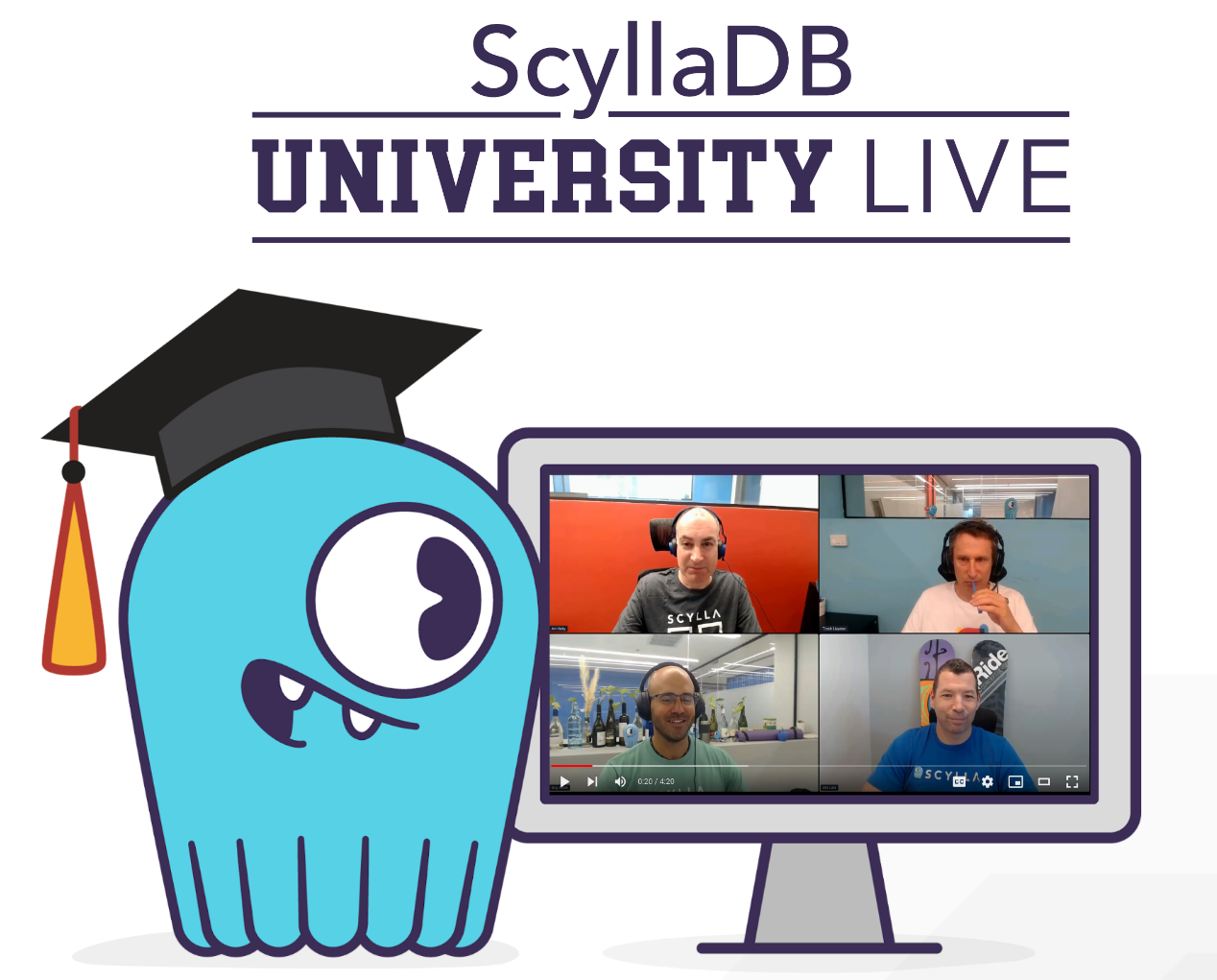
ScyllaDB University has been a success. Besides empowering a growing user community, it’s also a major source of data for the company. Being open source, we don’t usually know who is doing what and who is using our software. Knowing how users progress through ScyllaDB University, we have a better idea of where they are in their journey.
We have thousands of active users on ScyllaDB University, and we’re getting great feedback:
- Rahul S. Gaikwad, FireEye (now at AWS), “Scylla University is a very good starting point to learn ScyllaDB. The courses are very informative and well explained. The best part is that it’s free and online which covers conceptual and hands-on knowledge.”
- Vinicius Neves, Mobiauto, “Scylla University attracted our collaborators for its easy and intuitive language!”
- Tho Vo, Weatherford, “The courses are very well laid-out, easy to follow. Top grade materials.”
- Felipe Santos, Dynasty Sports & Entertainment, “Scylla University is a great place to start if you are not familiar with NoSQL databases and planning to switch your current relational database to a very robust NoSQL solution. Moreover, its content helped me a lot on my first steps delving into NoSQL world and gave me many insights of how that would affect our product’s design.”
- Satyam Mittal, Database Software Engineer, Grab, “The content at Scylla University is very good quality and quizzes at the end of the section encourage me to figure more things out and actually learn. It not only helped me in learning specific concepts about Scylla but also helped me in figuring out differences with other NoSQL databases. I will be looking at learning more courses from Scylla University in my free time.”

Another positive outcome is that for some search terms, ScyllaDB University lessons come up as the first result, and this is for broader database industry search results, not necessarily for terms related to ScyllaDB. This creates awareness for our product and brings potential users to the website.
In retrospect, I wouldn’t have done things very differently. Choosing an open-source LMS gave us a lot of freedom to develop what we want without any vendor lock-in. It was also more affordable. Creating a mix of LIVE events with on-demand learning proved popular and successful especially in strange times (COVID-19).
Our strategy was perfect for meeting our goals. Not waiting for the perfect solution, but rather starting with something small and developing from there, worked well for a fast growing start-up.
What’s Next?
The work is not done yet. We are constantly improving ScyllaDB University and have many things we’d like to do. For example:
- Get better insights into what users are doing on the website, which lessons are more popular, and which content needs to be improved
- Being an open-source company, we’d like to increase community engagement, allowing trainees to interact with one another.
- Improvements to the platform to make it more engaging and fun
- Getting single-sign for users of our ScyllaDB University and ScyllaDB Forums for a seamless experience.
Our technology is constantly evolving. Since we have a lot of content now, one of the challenges is keeping it up to date, removing obsolete content, and adding content for new features.
Personally, I enjoyed my work in developing ScyllaDB University, and I’m getting great feedback about it, both from my internal peers, stakeholders and managers, as well as enthusiastic learners who really enjoyed their learning experience.
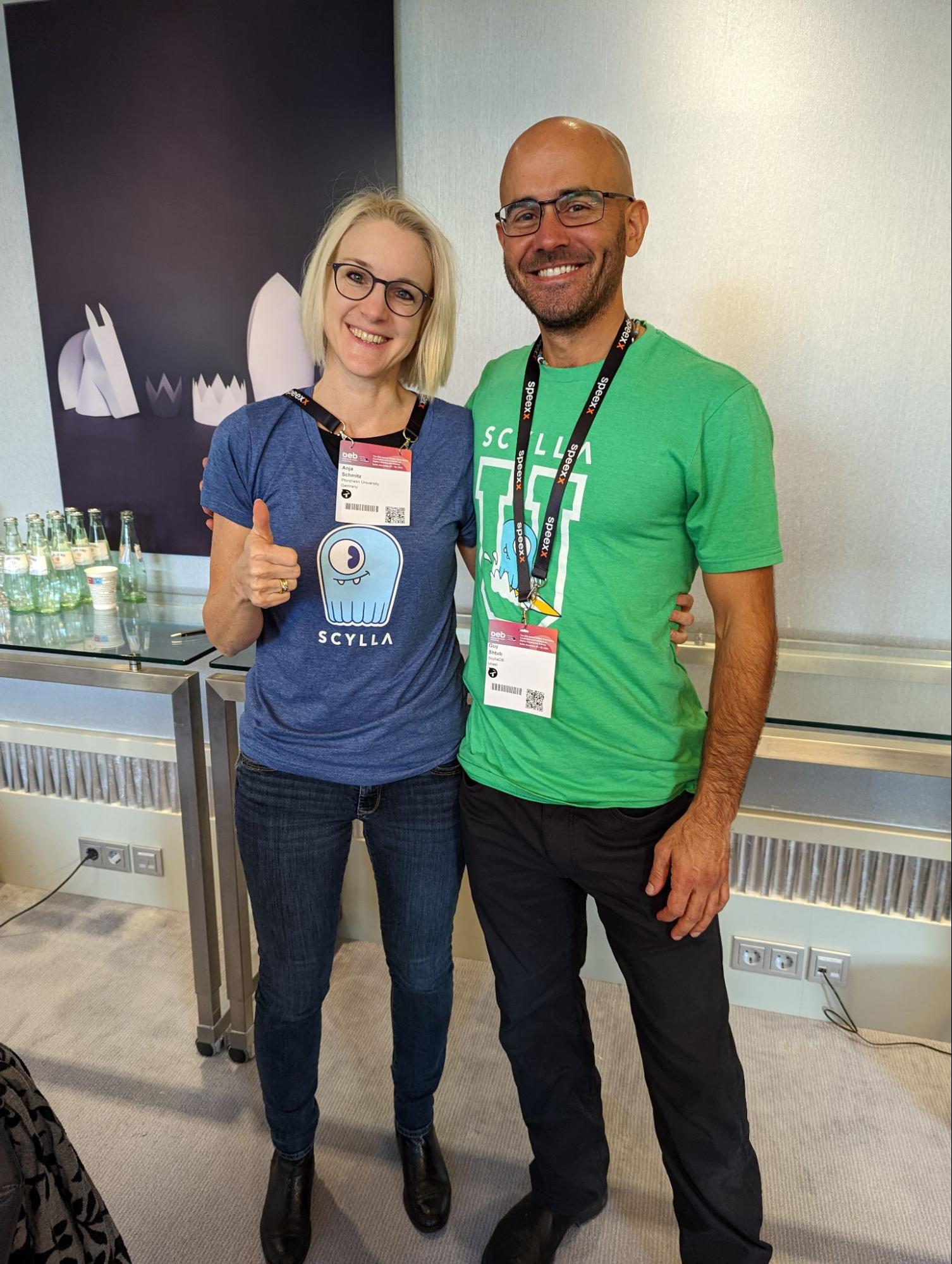
Prof. Dr. Anja Schmitz, of Pforzheim University, Germany, and myself. Prof. Schmitz was the moderator of the panel I took part in.
My talk was well received, the room was full, and I didn’t notice anyone leave as I was speaking. 😄
In a future post, I plan to share some of my experiences from the conference and what I learned.

